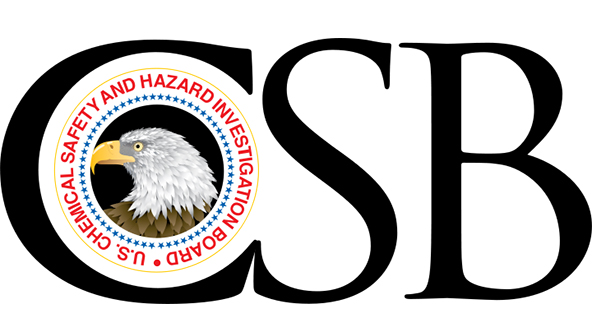Last week, the U.S. Chemical Safety Board (CSB) announced in a final investigation report that a fire at a Richmond, California Chevron refinery in 2012 was the result of a flawed safety culture within the corporation. The large fire endangered 19 Chevron workers, and sent over 15,000 local residents to the hospital for medical attention.
Richmond is a city of about 100,000 residents, located directly north of Berkeley in the San Francisco Bay area.
The CSB report finds the fire was the result of a piping rupture resulting from sulfidation corrosion, which occurs when sulfur compounds and iron piping are subjected to extreme heat. However, the report states that the cause of the fire was that “Chevron did not effectively implement internal recommendations to help prevent pipe failures.” The report goes on to portray a pattern by Chevron of failing to follow recommendations made by its own experts suggesting that the pipes needed to be repaired or replaced. The report cites examples of Chevron’s safety and compliance personnel failing to meet with the correct internal experts, and also points to a four-month “hiring delay” during which the issue went unaddressed simply because Chevron was waiting to bring aboard a new team member.
The report concludes that “the August 6, 2012, pipe rupture could have been prevented.” It recommends that Chevron develop new methods to assign accountability for safety programs, develop new processes for addressing mechanical integrity problems, and develop a new approval process for technical review.
Implementing a comprehensive EHS and sustainability solution — such as KMI’s comprehensive suite of tools — is a great way for companies to consistently monitor and control their safety risks and challenges. KMI allows users to manage incidents across an organization, keeping reporting simple and easy. KMI’s functionality also supports compliance auditing, site inspections, and behavioral safety observations — all of which can help make workplaces safer.
The CBS also identified areas where regulations could be strengthened to prevent similar accidents from occurring in the future. Specifically, the CBS report recommends:
- Revising American Petroleum Institute (API) guidelines for piping circuits and corrosion
- Strengthening the American Society of Mechanical Engineers (ASME) guidelines for minimum process fluid leak response requirements
- Requiring the Board of Supervisors of Contra Costa County, California revise their Industrial Safety Ordinance to create a process safety culture continuous improvement program
- Requiring the Mayor and City Council of Richmond to create similar safety culture improvement programs
“The CSB’s investigation report identifies gaps in current industry guidelines and shortcomings in Chevron’s safety culture and emergency response,” CSB chairman Rafael Moure-Eraso said in a press release.
Chevron has had refining facilities in Richmond since 1902, when it was known as Pacific Coast Oil Company. Today, the Richmond refining facility covers approximately 2,900 acres, employs 1,200 people, and processes 250,000 barrels of crude oil per day.
The CSB will hold a public meeting to consider the final report on the fire on January 28 in the Civic Center Plaza in Richmond.
